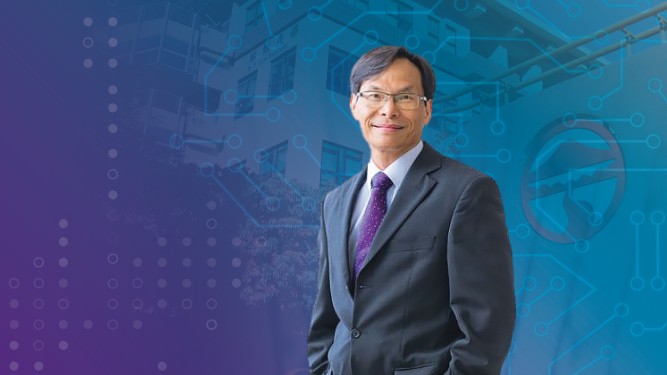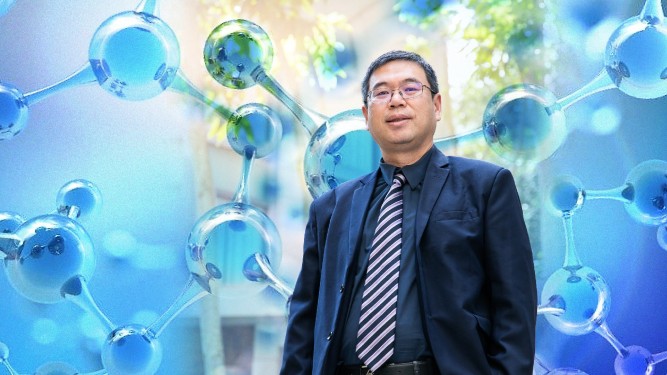Times Higher Education's Interviews with Distinguished Scholars
Using industrial data science to optimise operational efficiencies in large businesses and cities
Artificial intelligence can play an important role in improving physical systems, says Lingnan University President S. Joe Qin
“There is a great future for industrial data science,” says S. Joe Qin, Wai Kee Kau Chair Professor of Data Science and President of Lingnan University in Hong Kong. Qin and his colleagues at the university apply artificial intelligence (AI) and data science to large-scale systems, such as high-rise buildings, manufacturing facilities and smart cities.
“In the last 15 years, I have focused on using data that is generated from systems to make them more efficient and ensure that they operate optimally,” says Qin, who has a background in automation and engineering systems. “This is called industrial data analytics or industrial artificial intelligence.”
In large-scale systems, small improvement in efficiency can have a big impact, he says. For example, reducing a factory’s inputs by one per cent – whether that is its energy use, water consumption or raw material requirements – has a knock-on effect on reducing costs and carbon emissions.
In 2022, Yiren Liu, a doctoral student under Qin’s supervision, led the winning team in Hong Kong’s Global AI Challenge for Building and E&M Facilities, winning a gold award and the grand prize. In this competition, the team applied custom-built algorithms to address the problem of energy efficiency in high-rise buildings. They made the most accurate prediction of two buildings’ energy usage over three months.
This algorithm can easily be adapted to other buildings, Qin says. Such efficiencies are vital in smart cities, where officials use data to boost efficiency across the city, from street lighting and energy consumption to public transport.
Currently, more than half of the world’s population lives in cities, and urban populations are expected to double by 2050, according to the World Bank. This makes efficiency increasingly important so that cities run smoothly, have smaller environmental footprints and cost less to run. Qin also continues to work on large industrial systems and has patented a trouble-shooting algorithm that looks for faults in complex factories. He has been refining the algorithm for more than a decade.
Many factories look to reuse their waste materials and transform them into high-value products alongside their primary output. As a result, factories become very complex over time, making it difficult to diagnose faults. Something as small as a broken valve, which regulates steam flow, can have effects that cascade through the system. This can make the system less efficient and lead to expensive problems down the line, Qin says. His team receives system data from companies and helps to diagnose faults by feeding data into the algorithm.
Qin and his colleagues have several patents based on their algorithms. He says that these algorithms have many applications, such as stock trading in financial systems. So far, AI computing has been successfully applied to communications technologies and language systems such as ChatGPT. “There are people, like me, who think that we need to push to apply these techniques to work on physical problems, such as factories and buildings,” Qin says.




